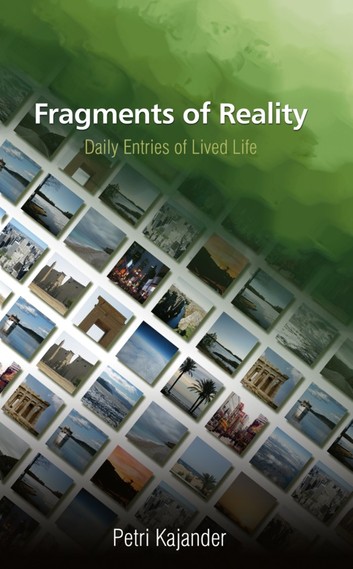“The wise are not learned, the learned are not wise.”—Lao Tze.
A wise person may not have much knowledge but a knowl-
edgeable person is not wise. Wisdom is something that is
intuitive—firsthand experience. Knowledge is based on words
and descriptions. Knowledge can be acquired, shared, devel-
oped further, and transferred. Knowledge is not the same as
wisdom. Wisdom requires insight and this “eureka!” cannot
be taught by others. We can only help others on the road by
explaining and sharing some knowledge about the wisdom.
We can convert wisdom into knowledge but this does not
mean that the essence of the wisdom can be converted as well.
It can only be described and illustrated with various symbols,
anecdotes, and metaphors. Describing and telling about the
road is not the road itself.
Often we want to gain more knowledge. We feel that we
are lacking something and by acquiring some more knowl-
edge we can get rid of our shortcomings. This is the pattern
our thinking and behavior take. We need to attend a seminar,
listen to a guru, or read a book. How many times do we stop
to think and consider what we are really lacking and what the
purpose of this knowledge “filling” is before we actually do
anything? Because if we want to get better at something, then
we should also make sure that we really gain the wisdom at
the end of the knowledge acquisition. Otherwise, the whole
exercise would be time wasted from the wisdom point of view.
How do we distinguish whether we have actually learned
anything by acquiring more knowledge? Because wisdom
requires insight this means that it is also reflected in our
behavior and actions. Knowledge is converted to wisdom only
if we are acting differently after getting the knowledge. This
might sound more complicated than it really is. We can have
a complete theoretical knowledge of how to drive a car but
this does not mean that we can drive a car. Knowing the func-
tion of all driving instruments and traffic rules does not make
us excellent drivers. We have to turn the knowledge into
behavioral patterns and actions that are observable.
Knowledge is easy to get but wisdom is a rare art.
Wisdom requires active participation and action. Learning
can be done passively. It is harder to create a theory than
describe one that is already formulated. We have a habit of
learning more knowledge. The underlying assumption is that
this knowledge is converted into wisdom as well.
Unfortunately, the outcome is very often the opposite. The
knowledge acquisition is our own illusion we so dutifully
repeat time after time. We feel important and that we are
doing something very meaningful and significant by learning
something. For us, doing is often more important than the
actual results. This is the unfortunate conclusion we must
draw by observing the world around us. We love our illusion
of knowledge and ignore the most important thing—the real
deeds and outcomes.
This is the original text, and an edited version can be found in the Fragments of Reality -book.

